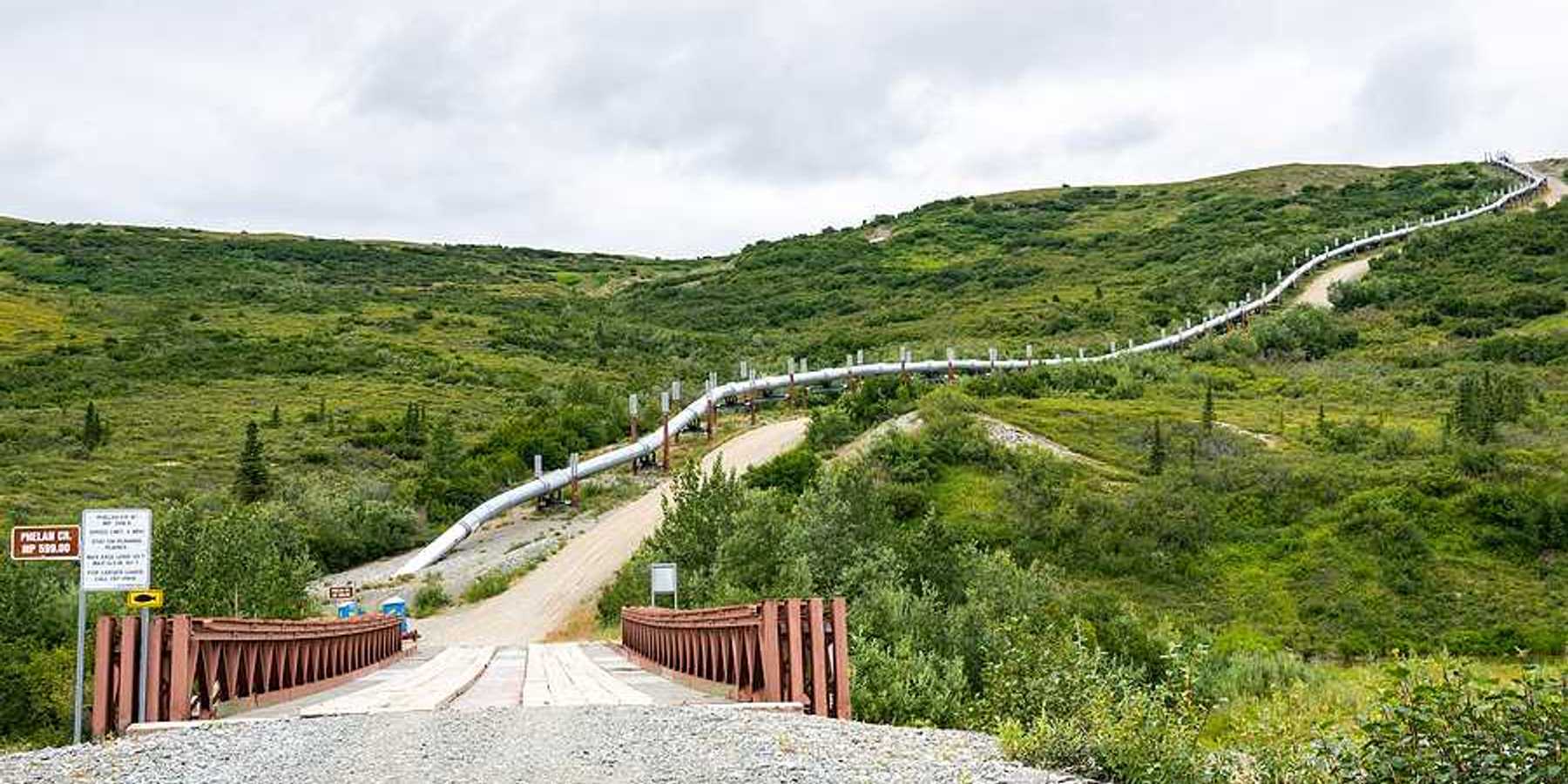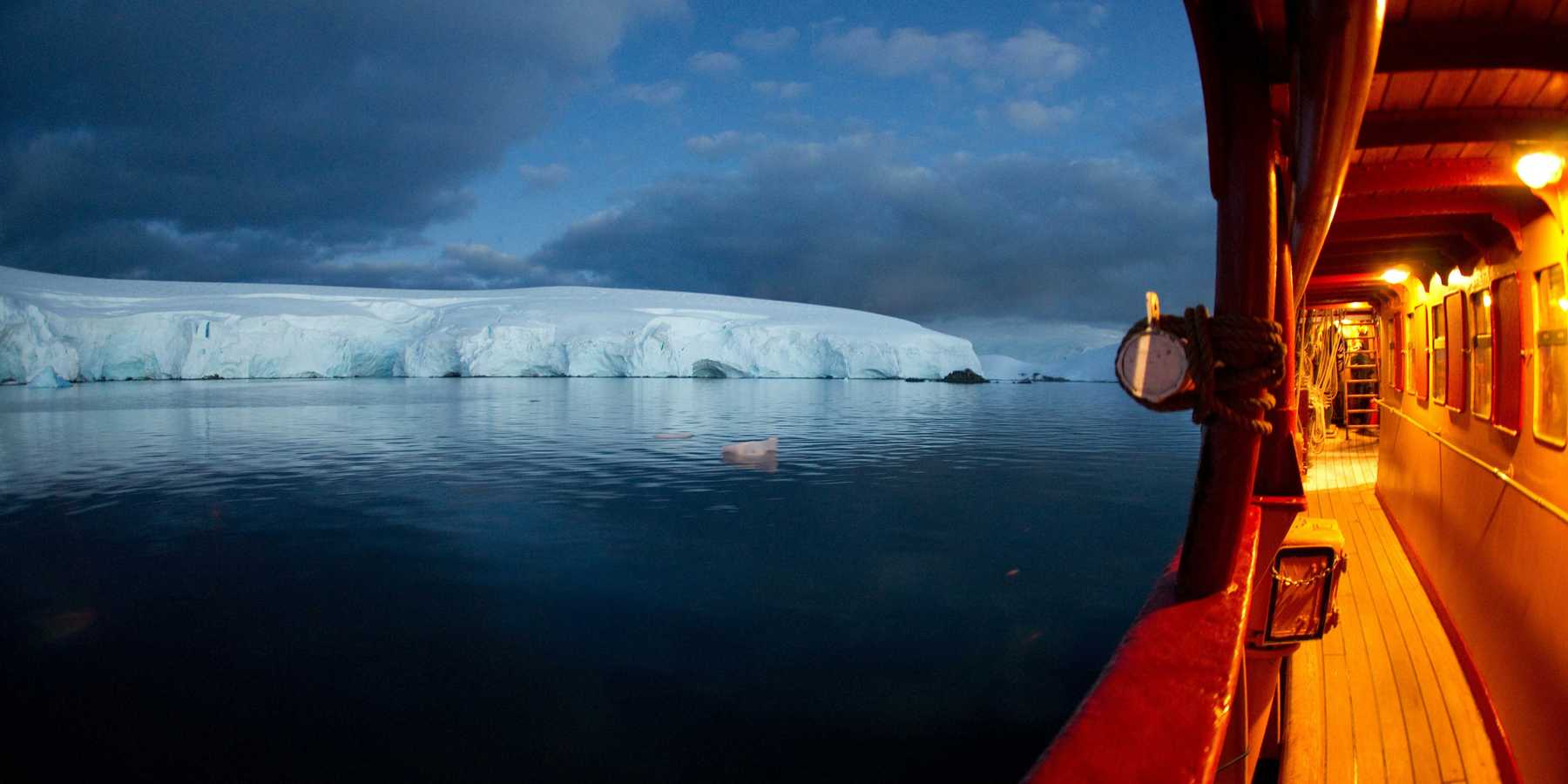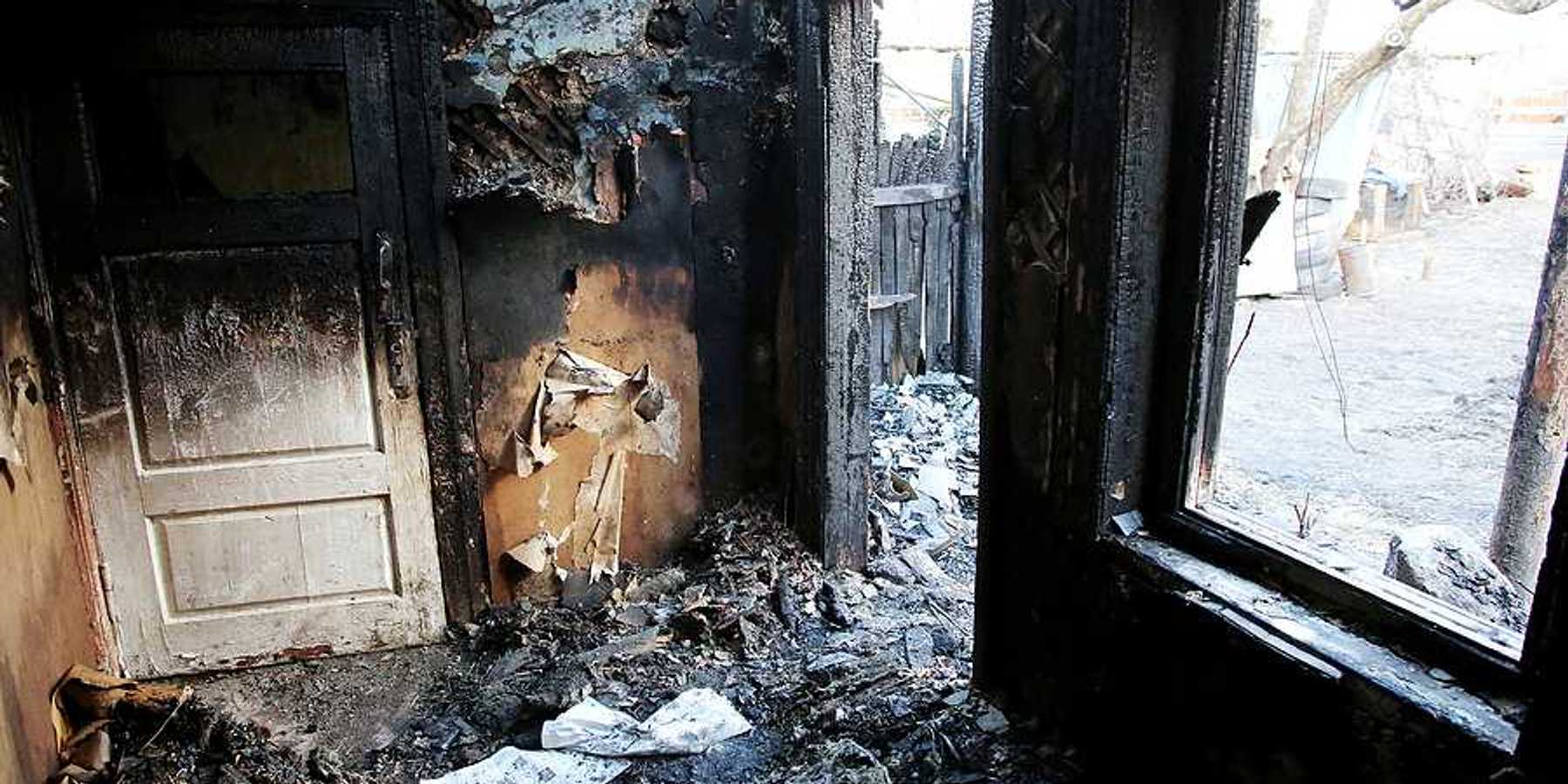Welcome our hardworking interns — and, hey, whatcha reading?
Summer interns, a new advisory board, and your suggestions for summer
Summer is upon us — and things are heating up at EHN.
We've partnered with two of the nation's top journalism programs — the Knight Center for Environmental Journalism at Michigan State University and the MIT Graduate Program in Science Writing — to work with three talented journalists for the summer.
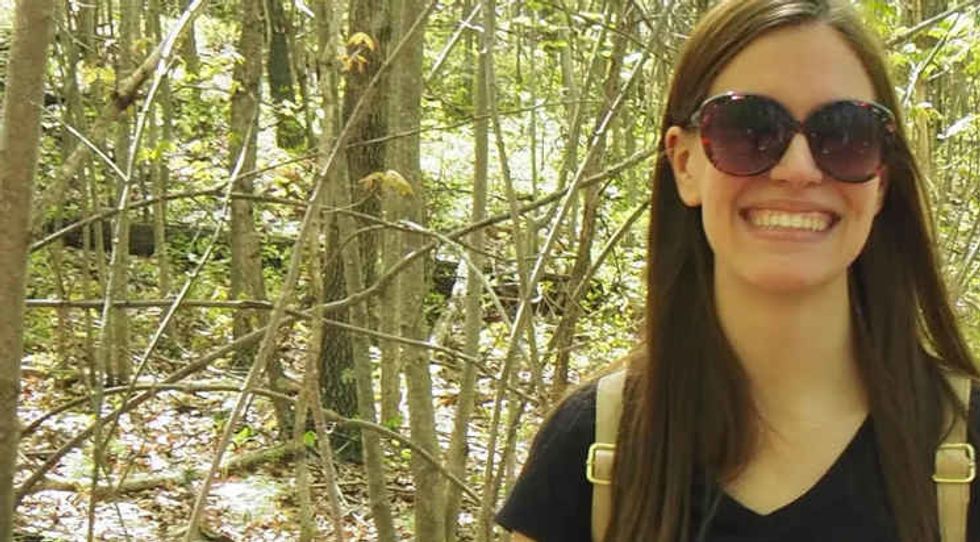
Emily Makowski is finishing up the MIT program and comes to reporting after a stint studying moths and mice. We haven't confirmed it yet, but, with choral singing as a hobby, we suspect she's the best singer on EHN's staff.
Makowski will be investigating the latest science and on-the-ground issues around food systems, climate change and sustainability. Keep an eye out for a story soon on climbing temperatures and the future of our crops. Contact Emily at @EmilyRMakowski.

Madeleine Turner is also finishing up the MIT program with a Masters in science writing and comes to us with a background in ecology and evolutionary biology. She probably knows more about coast redwoods than you.
Turner will be reporting on food security, agriculture and biodiversity for EHN. First up is a look at the uncertain politics of plant-based and lab-grown meats. Contact Madeleine at @madsciwriter.
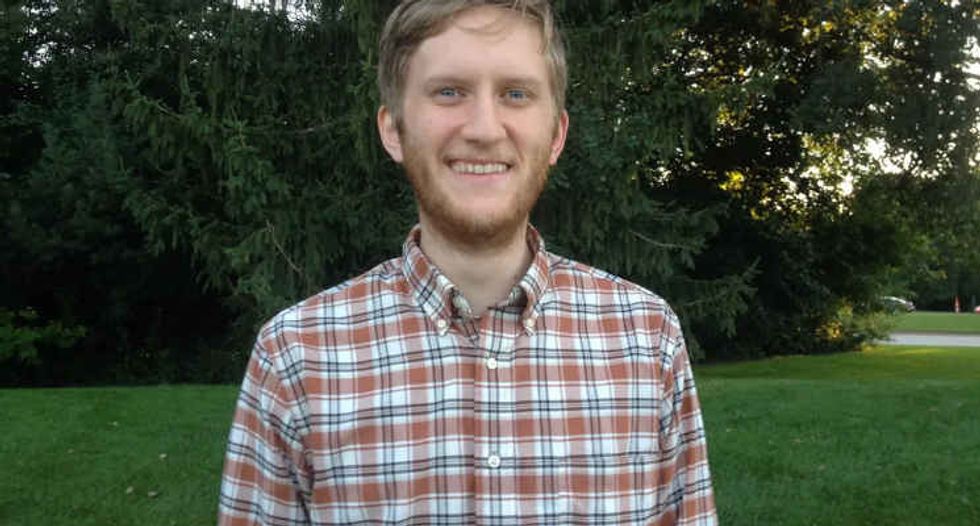
Andrew Blok comes to EHN from the greatest J-school graduate program of all, the Knight Center for Environmental Journalism at Michigan State University (As a graduate, I am just a bit biased – Go Green!). Blok recently won regional and national awards for a reporting project on algal blooms in the Great Lakes region.
He's more than likely off chasing warblers as I write this.
Blok recently wrote of a Michigan tribe's fight to set their own water regulations and is examining what old, threatened trees can tell us about climate change. Contact Andrew at @blok_andrew.
Our new advisory board
We are also pleased to announce the creation of an advisory board to help with strategic decisions and guidance. Environmental Health Sciences, the publisher of EHN.org and DailyClimate.org, underwent a transformative change starting in late 2017, when it transitioned from a founder-led organization to executive director leadership. This is the next step in that process.
The new board:
- Dr. Pete Myers, chair, founder and chief scientist of Environmental Health Sciences
- Julie Jones, co-founder, Advancing Green Chemistry
- Lina Constantinovici, founder, Innovation 4.4
- Marty Kearns, founder, Netcentric Campaigns
- Derrick Jackson, climate and energy fellow, Union of Concerned Scientists
- Matt Kayhoe, CEO, Kayhoe Consulting
What are you reading?

It's that time again. EHN's annual summer reading list is just around the corner. I'll spend the next few weeks bugging the staff to send in their summer book recommendations — and now I'm doing the same to you.
So, what are you reading? What would you recommend folks bring with them to the beach or park bench this summer?
Of course, books about the environment are great but we're open to submissions that really stretch for an environmental angle.
If you have a book recommendation you'd like to share, send the title and a paragraph or two about why you like it to me at bbienkowski@ehn.org. No promises, but if we like the recommendation, we'll publish your name and your write-up with our staff recommendations before the July 4 holiday.
And if you want an early start to your summer reading, check out last year's list here.
That's all for now — gotta go wrangle interns.


